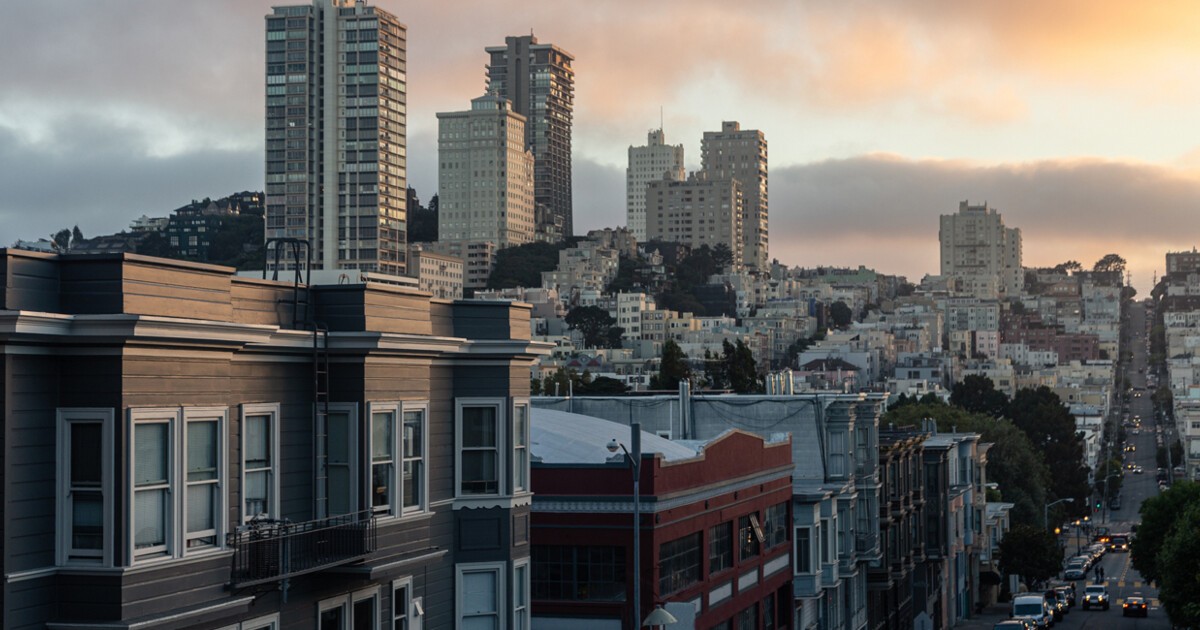https://www.lrb.co.uk/the-paper/v46/n03/rebecca-solnit/in-the-shadow-of-silicon-valley
Vol. 46 No. 3 · 8 February 2024
In the Shadow of Silicon Valley
Rebecca #Solnit
..."Americans face a social pandemic of loneliness and isolation. The US surgeon general, Vivek Murthy, has declared it a crisis. His reports identify causes including the internet, smartphones and social media. None of these was created with this agenda, but all of them have advanced it. Some of the ‘examples of harm’ listed by Murthy include ‘technology that displaces in-person engagement, monopolises our attention, reduces the quality of our interactions and even diminishes our self-esteem’.
The Covid-19 pandemic worsened isolation, but tech had already made redundant many of the ways we used to congregate and mingle, while often portraying those ventures into the world as dangerous, unpleasant, inefficient and inconvenient. There is an underlying assumption that each of us aspires to be as productive as possible, and that stripping away everything seen to interfere with productivity is a good thing. This was the pitch made by many new companies in the 1990s, when online shopping and other digital financial transactions first became a big deal. The shift has reshaped cityscapes as well as psyches. The American Booksellers Association reported that in 2021 alone, ‘the movement of dollars to Amazon and away from retailers displaced 136,000 shops occupying 1.1 billion square feet of traditional commercial space.’ That’s a lot of local jobs and relationships both to places and people.
The small independent businesses that we’re losing sold goods, but they also gave away for free all sorts of things that are less tangible. There might be cheaper ways to buy shampoo or a better selection of envelopes online, but at an in-person store you can have a social interaction, even build a relationship with the proprietor and chat with other customers, or run into a friend or neighbour. That may happen in big chains such as Starbucks – but the employees aren’t likely to be around for long, the profit doesn’t go back into the community and the design of the place is generic, not reflecting its environment.
...
In my own 44 years here, travelling on foot far more than most, I have never been menaced by a homeless person. Though a highly visible minority are mentally ill or suffering from substance abuse, many unhoused people are employed, are parents, are seniors, are students (including 2370 of the children enrolled in San Francisco public schools in 2022) or otherwise quotidian citizens. Illness and addiction are often the consequences, rather than the causes, of the devastating precarity, shame and stress of being unhoused. Market-rate housing is out of reach for a great many people, working or not, which has made finding employees for lower-wage jobs in retail, restaurants and vital services difficult for local employers.
...
You can’t really be in favour of both democracy and billionaires, because democracy requires equal opportunity in order to participate, and extreme wealth gives its holders unfathomable advantages with little accountability. I’ve long believed that democracy depends in part on co-existing with strangers and people unlike you, on feeling that you have something in common with them. The internet has helped people withdraw from diverse communities and shared experiences to huddle in like-minded groups, including groups focused on hating those they see as unlike them, while encouraging the disinhibition of anonymity."...

There are no comments yet.